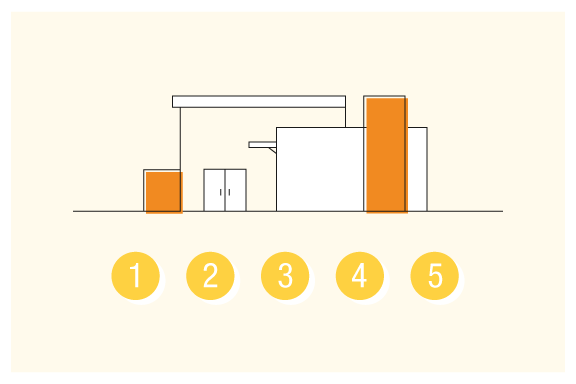
How Much Does It Cost to Start a Credit Union?
In a world where financial institutions seem to prioritize profits over members, credit unions stand out as a beacon of hope. These not-for-profit organizations are owned by their members and exist to serve their financial needs, not line the pockets of shareholders. If you’re considering starting a credit union, you’re probably wondering about the costs involved. Here’s a comprehensive guide to help you understand the financial implications of starting a credit union.
The Cost of Starting a Credit Union
The cost of starting a credit union can vary significantly depending on factors such as the size, location, and complexity of the organization. However, there are some general expenses that all credit unions must consider:
- Legal and regulatory fees: These fees cover the costs of obtaining a charter, filing paperwork, and complying with state and federal regulations. Expect to pay anywhere from $10,000 to $50,000 or more for these expenses.
- Insurance: Credit unions need to purchase insurance to protect against risks such as fraud, embezzlement, and cybersecurity attacks. The cost of insurance will vary depending on the size and nature of the credit union.
- Equipment and facilities: Credit unions need to invest in equipment such as computers, software, and office space. The cost of these items will vary depending on the size and location of the credit union.
- Operating expenses: These expenses include salaries for employees, rent, utilities, and other ongoing costs associated with running a credit union. The size and complexity of the credit union will determine the amount of operating expenses.
Funding Sources for Credit Unions
Credit unions can raise funds from a variety of sources, including:
- Member deposits: These are the money that members deposit into their savings and checking accounts. Deposits are the primary source of funding for most credit unions.
- Share capital: Share capital is a type of ownership interest in a credit union. Members purchase shares in the credit union to show their support and help raise capital.
- Loans from other financial institutions: Credit unions can borrow money from other financial institutions to supplement their deposits. This is typically done when the credit union is experiencing rapid growth or needs to cover unexpected expenses.
- Government grants: There are a number of government grants available to credit unions that are starting or expanding. These grants usually have specific requirements that the credit union must meet in order to qualify.
Tips and Expert Advice for Starting a Credit Union
Starting a credit union is a complex and challenging process, but it can be incredibly rewarding. Here are a few tips to help you get started:
- Do your research: Before you take any concrete steps, it’s important to do your research and learn as much as you can about credit unions. Talk to other credit union professionals, attend industry conferences, and read books and articles on the topic.
- Get organized: Starting a credit union requires a lot of planning and organization. Create a business plan, assemble a team of experienced professionals, and establish a clear set of goals and objectives.
- Be patient: Starting a credit union takes time and effort. Don’t expect to see results overnight. Be patient and persistent, and over time you will be able to build a successful credit union that meets the needs of your members.
FAQs About the Cost of Starting a Credit Union
- Q: What is the minimum amount of money needed to start a credit union?
- A: The minimum amount of money required to start a credit union will vary depending on the size and scope of the credit union. However, most credit unions need at least $100,000 in capital to get started.
- Q: Can I start a credit union with a small group of people?
- A: Yes, it is possible to start a credit union with a small group of people. However, it is important to have a solid business plan and a clear understanding of the challenges involved.
- Q: What are the ongoing costs of running a credit union?
- A: The ongoing costs of running a credit union include salaries, rent, utilities, insurance, and other expenses associated with running a business. The size and complexity of the credit union will determine the amount of ongoing costs.
Conclusion
Starting a credit union can be a significant financial undertaking, but it can also be a very rewarding experience. By carefully planning your expenses and securing the necessary funding, you can launch a successful credit union that serves the needs of your members for years to come. Are you interested in learning more about the costs of starting a credit union? Let us know your questions in the comments section below.

Image: utahfirst.com